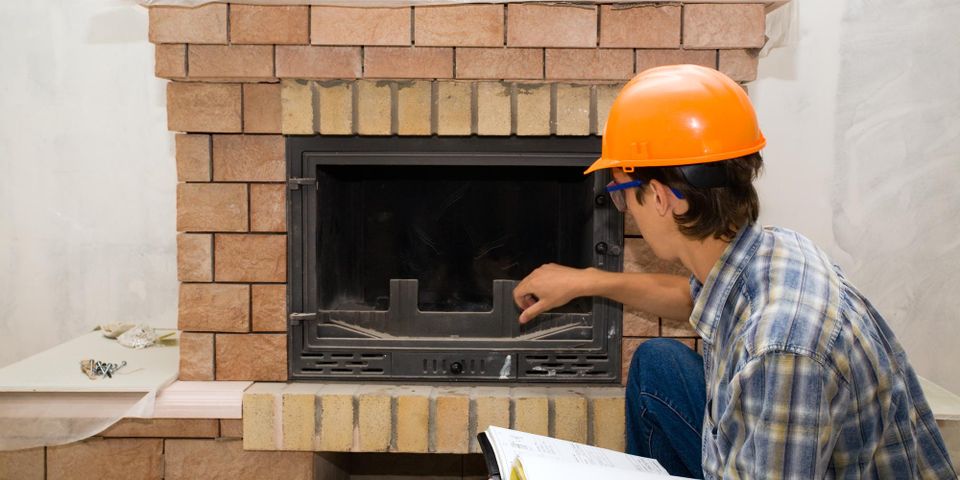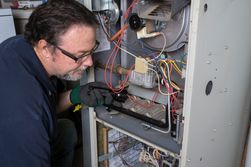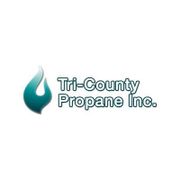
Gas-burning appliances like furnaces, fireplaces, water heaters, and stoves need pilot lights. They serve as the ignition and also function as a safety precaution. When lit, they create a small blue flame, but if they produce a yellow-colored one instead, call a propane gas service company for assistance. Here’s how they work and impact your safety.
How Pilot Lights Work
A pilot light is created when a minuscule amount of gas comes out through a tube. It is lit to burn the gas continuously and ignite an appliance. When the flame blows out, the gas is still released and builds up somewhere. To prevent this from happening, it comes with a safety valve that closes and stops the release of gas when it senses that the flame is out.
 How do safety valves know it’s time to cut off gas release? It’s because of the thermocouple, a temperature sensor that produces an electrical current with heat. One joint of the thermocouple sits near the flame of the pilot light, creating enough voltage to keep the valve open. When the flame is out, the thermocouple cools down, doesn’t generate electricity, and stops the gas from escaping.
How do safety valves know it’s time to cut off gas release? It’s because of the thermocouple, a temperature sensor that produces an electrical current with heat. One joint of the thermocouple sits near the flame of the pilot light, creating enough voltage to keep the valve open. When the flame is out, the thermocouple cools down, doesn’t generate electricity, and stops the gas from escaping.
Why Safety Is a Concern
Since pilot lights release gas without interruption, they are considered safety hazards. It's only a matter of time before leaked gas collects inside the appliance or your home and starts a fire when ignited by a small spark, static electricity, or nearby combustibles. It’s safer to turn it off when you’re not using the appliance. Doing so reduces the risk of fire and gas consumption.
Whether the flame is extinguished accidentally or deliberately, switch off the equipment before attempting to re-light. Wait for a few minutes and follow strict instructions when doing so. Pay attention to unusual odors that point to a possible gas leak. There were cases of severe injuries and explosion when faulty sensors failed to stop the gas flow, causing problems during attempts to turn on the pilot lights. Have a propane gas service check and test it whenever it produces a yellow- or red-colored flame. Some thermocouples also deteriorate over time, lessening their effectiveness as flame sensors in pilot lights.
Once in a while, have the pilot lights in your propane equipment checked with the professionals at Tri-County Propane. As the premier provider of propane gas services in and around Loveland, OH, they are committed to offering routine maintenance and prompt propane deliveries to their clients. They will inspect your equipment and ensure that it is well maintained and meets all safety standards. Learn more about their full list of services online or call (513) 583-1868 to schedule propane gas services.
About the Business
Have a question? Ask the experts!
Send your question

